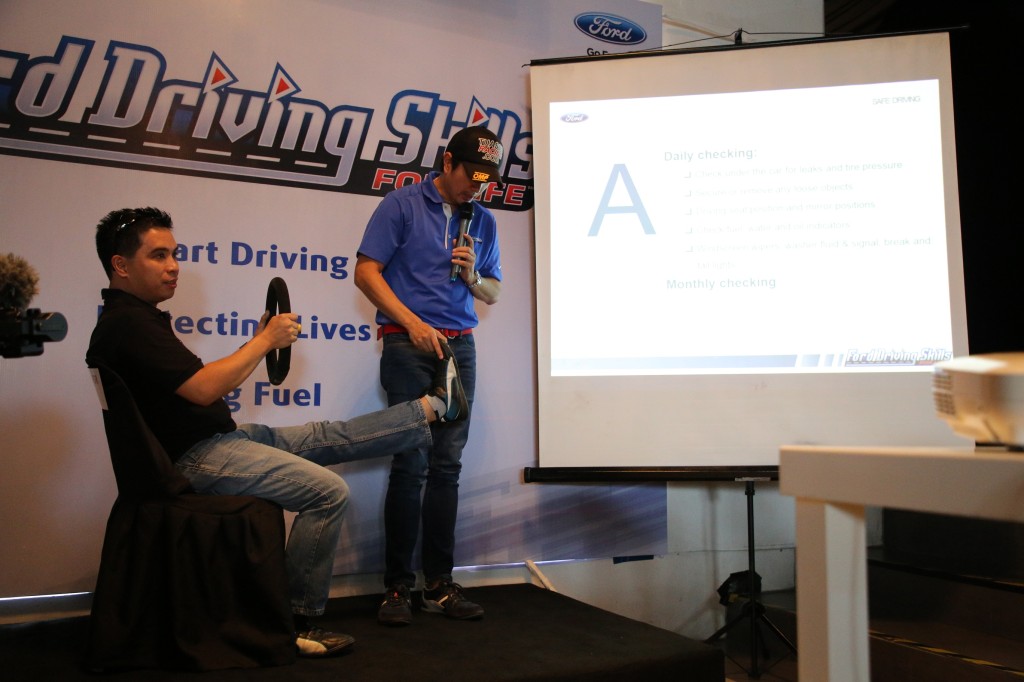A few months back, a lot of Filipinos were up in arms over the passage and implementation of the Anti-Distracted Driving Act. The said law aimed to make our roads safer by removing various distractions from the road, such as mobile communications devices and the like that can be the cause of accidents.
While were not necessarily siding with anyone, we must admit that the authors of the said law may have been on to something. Studies have shown that the human brain is just not “wired” to multitask—or perform various things at the same time.
One cannot drive and text or talk on the phone at the same time, for example. Studies further reveal that when the brain is taxed, like say when doing two things at one time, each of these will cause slower reaction times. And this can be dangerous, especially when driving, for instance.
The World Health Organization (WHO) notes that over 1.25 million people die from road accidents—94 percent of these are caused by driver error due to certain distractions. And what exactly are these distractions, you ask? These can be grouped into four:
- Visual: such as mobile devices or those huge billboards on EDSA
- Auditory: sounds such as loud music or an extremely chatty passenger
- Manual: anything that requires taking one’s hands off the steering wheel or eyes off the road
- Cognitive: distractions that can divert one’s attention from the task at hand. Such as tiredness or even the effects of certain medication.
And let’s face it. Driving requires full concentration. Whether you’re cruising on the expressway or battling it out with Metro traffic, you need to keep your eyes on the road, you ears listening for unnecessary sounds, and your hands on the steering wheel at all times. Yes, driving uses more brain power than relaxing on your easy chair after a long day at work.
Yet all is not lost. While we do live in a “distracted” society which can’t seem to let go of its gadgets even while behind the wheel, experts like Ford Driving Instructor Matt Gerlach notes that you must simply concentrate on the task—in this case, driving. Try to free yourself of any distractions, including the urge to text or take a call.
He also points out that it is extremely important to expand your field of vision to the road ahead, as well as the area beside you. What he is trying to say is that you must expand your alertness beyond what’s immediately ahead of your vehicle.
In line with this, it is also important not to drive while drowsy. This can hamper one’s alertness level and cause extremely slow reaction times. And just like the item above, a lack of alertness can spell the difference between life and death.



